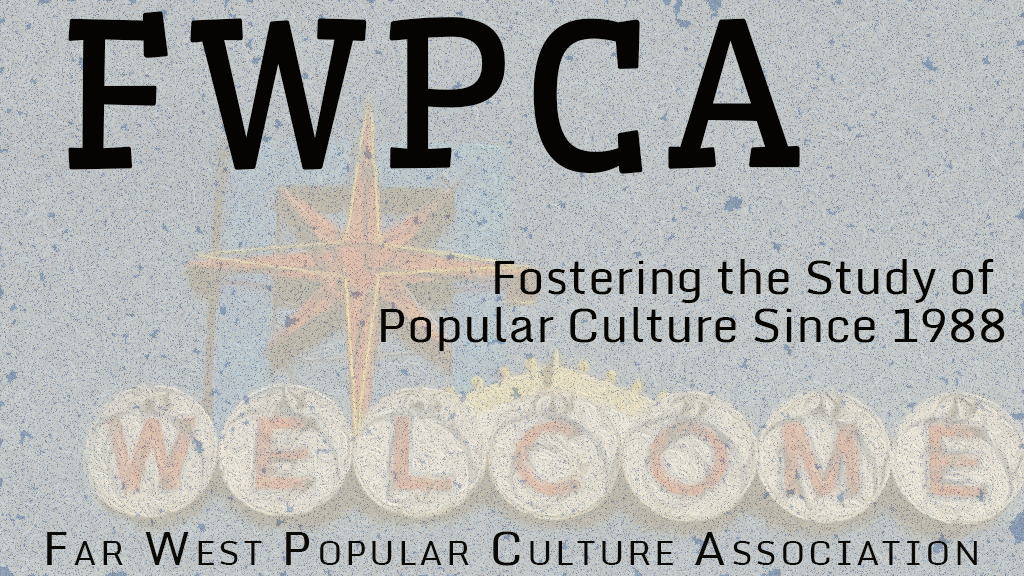Borges and Foucault, between Babylon and Babel
Presentation Type
Paper
Abstract
In spite of some isolated if valuable efforts on the part of a few scholars, Jorge Luis Borges’ short stories and Michel Foucault’s essays are still considered as belonging to different realms of writing, namely fiction and historical philosophy, each corresponding to different and specific intents, both aesthetically and referentially. However, the links subtending the thought of Foucault and that of Borges clearly point to shared sites of emphasis which deserve further attention, such as recursion, the tenuousness of identity and most of all, epistemological uncertainty, as if one established a fictional narrative to demonstrate or interrogate epistemological truths while the other composed an epistemological narrative to challenge what he considers to be fictitious. My goal is to further explore the ramifications of this semiotic correspondence and to evaluate its significance outside of the traditional academic literary frame by transcending the opposition between high/classical and low/popular culture.
Keywords
Borges, Foucault, Epistemological Narratives, Identity, Fiction, Historical Narratives, Recursion
COinS
Borges and Foucault, between Babylon and Babel
In spite of some isolated if valuable efforts on the part of a few scholars, Jorge Luis Borges’ short stories and Michel Foucault’s essays are still considered as belonging to different realms of writing, namely fiction and historical philosophy, each corresponding to different and specific intents, both aesthetically and referentially. However, the links subtending the thought of Foucault and that of Borges clearly point to shared sites of emphasis which deserve further attention, such as recursion, the tenuousness of identity and most of all, epistemological uncertainty, as if one established a fictional narrative to demonstrate or interrogate epistemological truths while the other composed an epistemological narrative to challenge what he considers to be fictitious. My goal is to further explore the ramifications of this semiotic correspondence and to evaluate its significance outside of the traditional academic literary frame by transcending the opposition between high/classical and low/popular culture.


Comments
Dear friends,
I hope to see you in March in Las Vegas.
Best Wishes,
Brennan